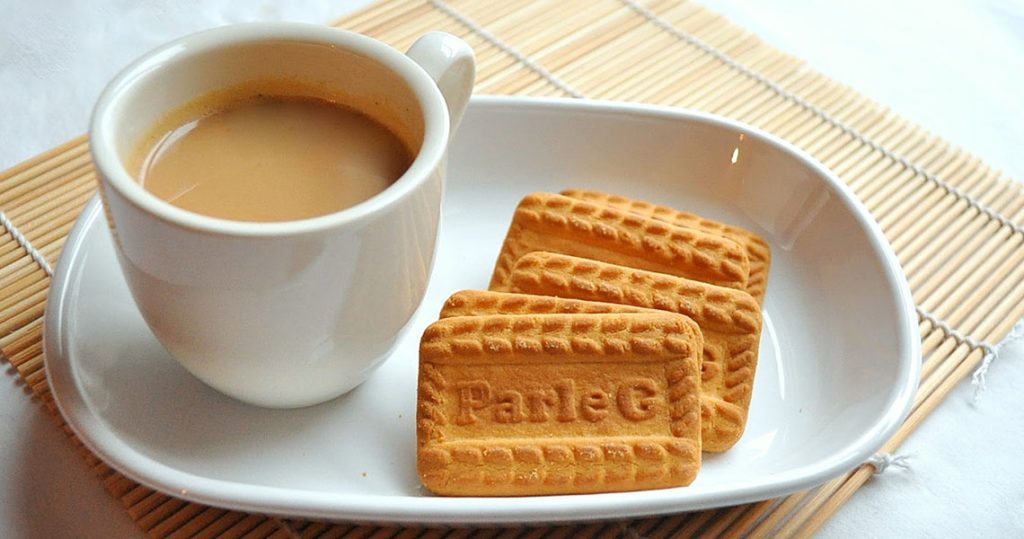FMCG
Here’s The Reason Why Britannia, Amul, Parle Are Looking To Raise Prices Of Products Or Cut Quantities
If you were complaining about spending too much money on your daily grocery products, well you better get ready to spend some more. Because companies are either looking to raise prices or cut back on quantities in packaged products due to the cost of ingredients like sugar, milk powder, and palm oil increased by almost 20-80% over the past year. This increase is on account of the fluctuating global commodity prices as well as lower production cycles.
This decision also comes in following the hike in the price of consumer goods as the industry is still coming back from the hit of demonetisation which not only cut down on demand, but also cut back on consumers discretionary spending.
Brands like Britannia, Amul, Dabur and Parle are the ones making these decisions. Britannia said that the price of its biscuits will go up by up to 7%, Amul said prices are up 5-8% after a two year gap due to higher sugar and milk powder prices. At the same time, Parle and Dabur are either reducing quantities or clamping down on promotions, which indirectly amounts to increase in price.
Wipro Consumer Care & Lighting CEO Vineet Agarwal told Economic Times that the price of soap will go up for the first time in three years. He added by saying, “Cost pressures are definitely more than what they were and it is starting to reflect on retail shelves now. Our focus is always topline growth.”
Earlier, Religare Capital Markets had released a report in which it was stated that ‘the gross margin pressures have been visible with players initiating selective price’. The report also said, “Poor demand has weighed on the Indian consumer sector over the last two years. Additional headwinds from demonetisation and GST (goods and services tax) could have a lasting disruptive impact.”
According to ET, Marketing Manager at Parle Products BK Road had said, “The price hike is all indirect in the form of weight reduction and translates to anywhere between 8-12% of price hikes.” As well as the reduction in weight of its confectionery and snacks category after almost four years.





















